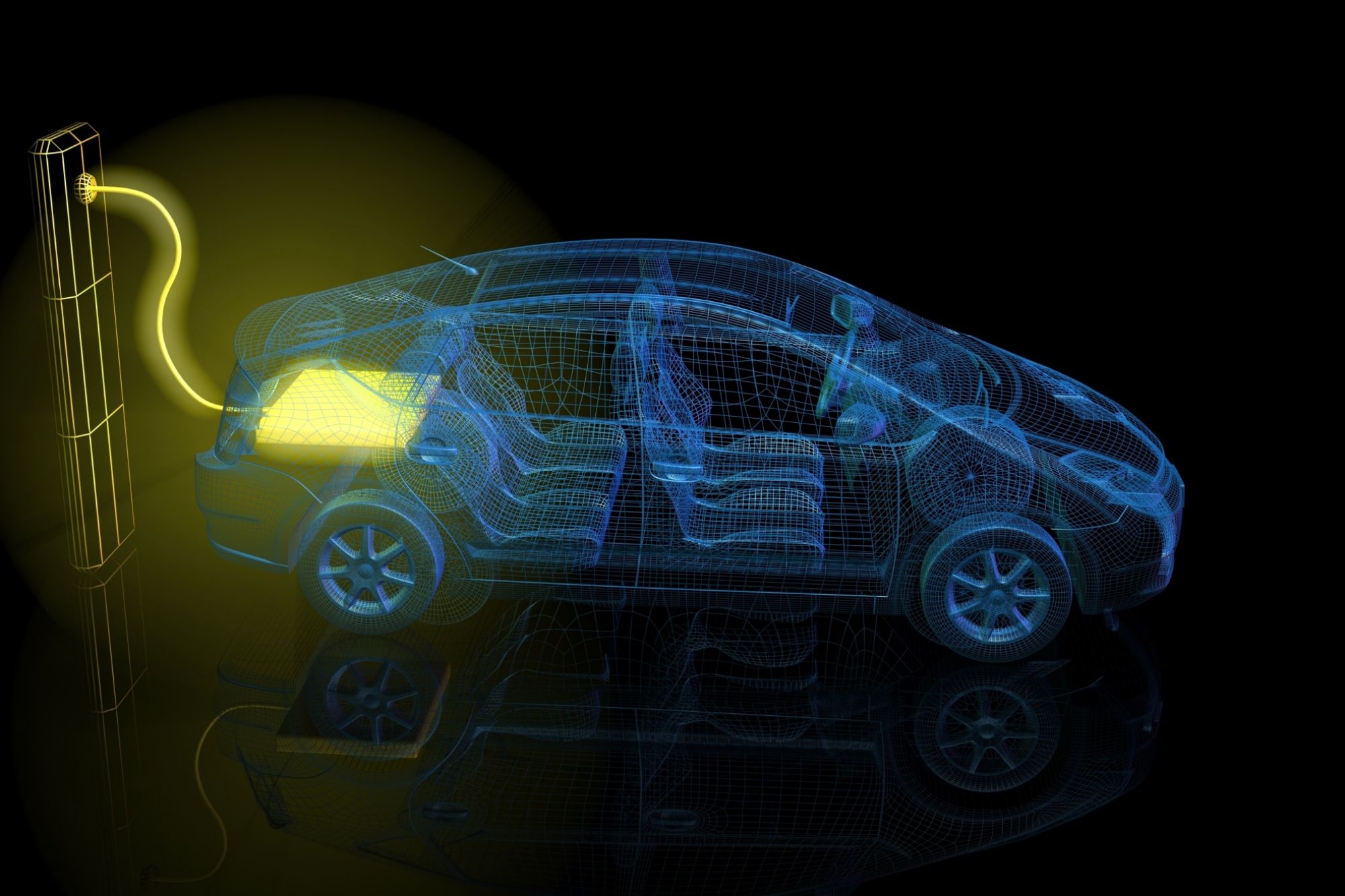Despite Public And Private Push, Electric Four Wheeler Segment Records Disappointing Sales According to the ET Auto report, only 1,309 units of electric cars were sold in India in April-November of FY20
Opinions expressed by Entrepreneur contributors are their own.
You're reading Entrepreneur India, an international franchise of Entrepreneur Media.

India is working towards leading electric mobility space in the world. However, the goal seems to be a distant dream as the electric four-wheeler segment records discouraging sales. According to the ET Auto report, only 1,309 units of electric cars were sold in India in April-November of FY20.
The sales of electric cars contribute to only 0.07 per cent of the total 18,82,047 passenger vehicles sold during the same period.
Reasons For Disappointing Sales
According to the report, the lower sales can be attributed to lesser types of electric passenger vehicles available for the users. Currently, only three fully electric models including Tata Tigor EV, Hyundai Kona EV and Mahindra e-Verito are available for sale in India.
During April-November of FY20, 513 units of Mahindra e-Verito were sold, followed by 491 units of Tata Tigor EV, 280 units of Hyundai Kona EV and 25 units of Mahindra e2o. Earlier this year, Maruti had already announced that it will phase out the production of e2o due to strict safety norms.
According to a Bloomberg report, only 8,000 electric vehicles had been sold in India in the last six years. In addition, Society of Manufacturers of Electric Vehicles data quoted by various media outlets shows only 1,700 electric two-wheelers were sold in the quarter ended June this year.
Are Flip Flop Policies To Be Blamed?
Several media reports said that the lengthy recertification of the electric vehicles under FAME II resulted in lower numbers of vehicles available for sale in the market.
In a bid to encourage electric vehicle adaptation, the central government announced the second phase of its incentive scheme, FAME, earlier this year, However, the government placed stringent requirements in order to claim the incentives. Several industry players have thus challenged and move and stated that the policy might clip the electric vehicle sector before taking off.
Last month, while speaking at an industry event Sohinder Gill, CEO, Hero Electric India said that the policy went wrong because it nipped the nourishing stage at the bud.He explained that FAME I policy began as a great experiment where two, three-wheelers and buses and the volume was increasing. However, FAME II subsidised vehicles' volume has been less than 4,000 in the last eight months.
During the event, Gill said that even before the industry could take off, there were "a plethora of requirements that were brought in which suffocated the industry, caused difficulties for the consumer and also a few of policy imperatives which were so confusing that the industry and investors sort of backed off".










